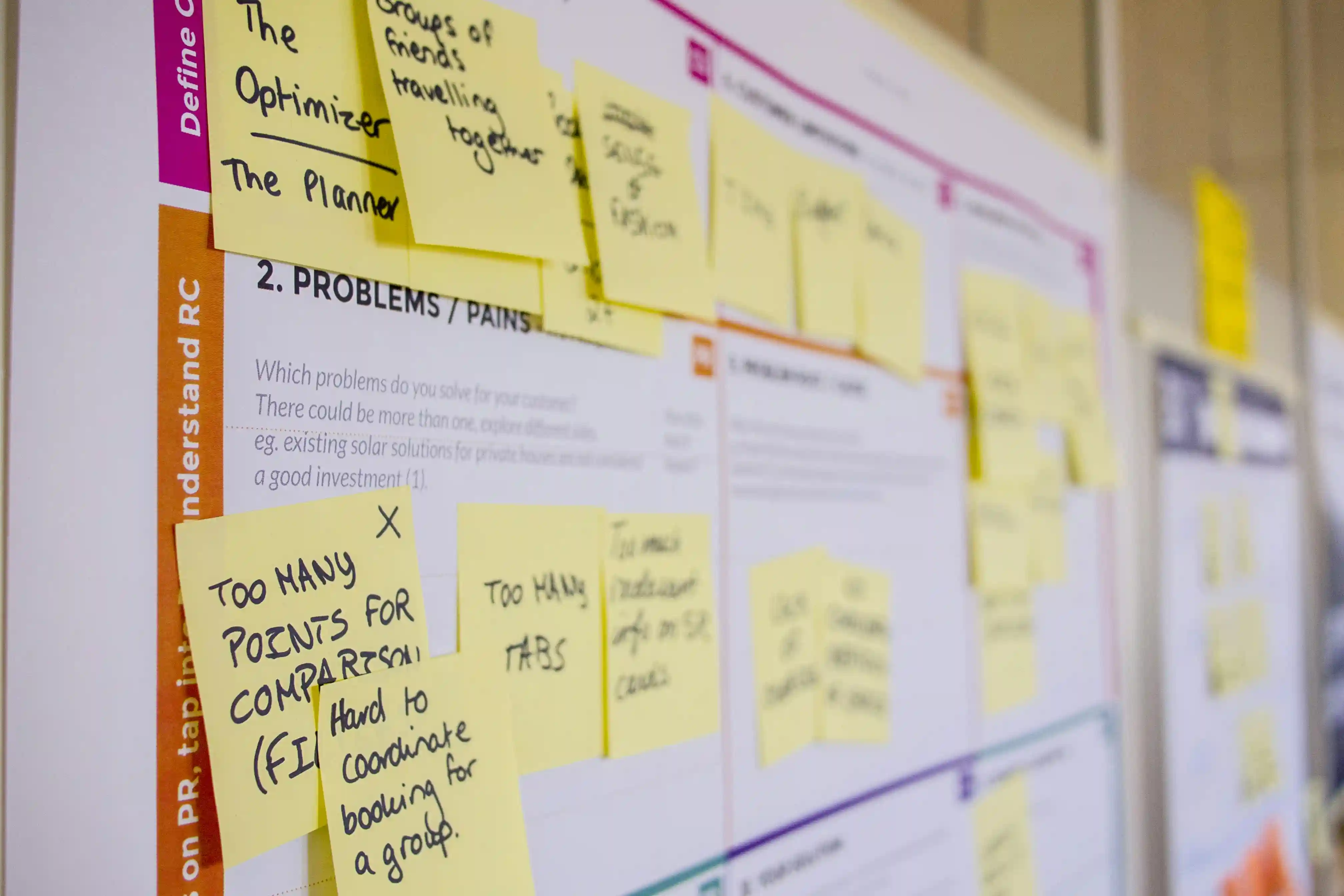Mastering Soft Skills: Essential Guide to Success

You ever walk out of a meeting or a performance review feeling like you couldn't quite show what you're capable of? You have the technical skills, the experience, the qualifications. But something is missing. That 'something' is often the secret ingredient to success: soft skills. Many professionals quietly wonder what are soft skills versus hard skills; think of them as the people-first capabilities that let your technical expertise land. Writing SQL or configuring a server are hard skills (hard skills exemple, hard skills exemples), while negotiating scope or earning trust are soft skills—the soft–hard blend often called soft hard skills, sometimes shortened in searches to "soft skills hard."This Mastering Soft Skills: Essential Guide to Success aims to explain soft skills in clear, practical terms you can apply right away.
One of the most powerful of these is active listening. This isn't just about hearing words; it's a fundamental shift in your mindset from"waiting for your turn to talk" to "listening to truly understand." It's the foundation for how to improve communication skills at work, and it's simpler than you think. Active listening sits at the heart of communication and soft skills.
This guide to active listening skills starts with a simple, three-step method you can use immediately. First, don't interrupt. Second, use small verbal cues like 'I see' or 'uh-huh' to show you're engaged. Third, and most importantly, summarize what you heard back to them.
Instead of just saying "Okay" to your manager, try: "So, if I'm understanding correctly, you want the user feedback report done first, and the deadline is EOD Wednesday. Is that right?" This single technique confirms understanding, prevents costly errors, and instantly builds trust.
What to Do When Plans Change: The Power of Adaptability
No one likes it when a carefully laid plan gets thrown out the window. A project's deadline is suddenly moved up, a key team member gets sick, or a client changes their mind. The gut reaction is often frustration. But adaptability isn't about enjoying this chaos; it's about how you respond to it. It's the crucial skill of shifting from "This is a problem" to"How can we solve this?" in real-time, and it demonstrates powerful professional resilience.
The difference lies in the first question you ask. An inflexible response focuses on the obstacle: "We'll never finish on time now." An adaptable response immediately seeks a new path forward: "Okay, since the timeline has changed, what's the one thing we must get done?" This small shift in language moves you from being a reporter of problems to an owner of solutions. It's one of the most valuable examples of adaptability in the workplace because it calms team anxiety and creates forward momentum.
This ability to stay constructive under pressure is exactly what separates a reliable team member from a future leader. When you consistently prove you can navigate uncertainty without panic, you build enormous trust with colleagues and managers. They see you as someone who can handle responsibility when things get tough. Of course, managing your own frustration in that moment is a skill in itself, which requires you to understand your own emotional triggers.
Why Your 'Gut Feeling' Matters: A Practical Guide to Emotional Intelligence (EQ)
That skill of managing your own frustration under pressure? It's the core of what's known as Emotional Intelligence, or EQ. But it isn't about ignoring your feelings; it's about being smart with them. In simple terms, EQ is the ability to notice and understand your own emotions, and then use that awareness to recognize and navigate the emotions of others. People often ask "what is emotional intelligence" or even "what is an emotional intelligence"; both refer to the same capability of recognizing, understanding, and using emotions wisely.
This starts with self-regulation—think of it as a crucial pause button. When you feel a flash of anger or anxiety after receiving critical feedback, EQ allows you to notice that feeling without immediately acting on it. This small gap provides space for more critical thinking, preventing a defensive reply and allowing you to choose a more constructive response instead.
Beyond managing yourself, EQ involves empathy: the practical skill of considering someone else's perspective. Instead of assuming a coworker is ignoring your message, you might wonder if they are overwhelmed with their own deadline. This simple shift from accusation to curiosity is one of the most powerful conflict resolution techniques, often stopping disagreements before they start.
Ultimately, these skills are what build trust and influence. The benefits of emotional intelligence for leaders are clear, but you don't need a title to use it. By understanding the human side of professional life, you become a more effective teammate and a far more compelling candidate.
How to Prove Your Soft Skills in an Interview and On Your Resume
Being a compelling candidate means showing, not just telling. Simply listing "teamwork" or "problem-solving" on your resume is a wasted opportunity—it's expected and proves nothing. Instead, you must connect these essential soft skills for career growth to a real-world result. Think about a time your clear communication prevented a major misunderstanding. That's the story a hiring manager actually wants to see, because it demonstrates your value in action.
On your resume, this means turning your duties into accomplishments. Rather than writing, "Collaborated with the marketing team," you can show your impact: "Improved teamwork and collaboration strategies by creating a shared project calendar, which cut project delays by 20%."This one sentence proves both your collaborative spirit and your ability to solve problems by linking them to a measurable business outcome. On a resume with soft skills (a soft skills cv), make these stories concise and tied to outcomes so your communication and soft skills are unmistakable.
Quick note on terms and translations for global readers: If you are searching for traduction soft skills, soft skills traduction, or soft skills trad, here’s a simple pointer. In French (skills en francais), soft skills often map to qualités professionnelles and are listed as exemples de compétences (exemple de compétences, exemple de compétence, compétence exemple). You may also see queries like que veut dire soft skills, que veut dire skills, que veut dire skill, or references to the roue des soft skills. Common typos such as softs skills traduction or even skill skill sometimes appear in searches; the meaning is the same. For job materials, look for examples of a resume with soft skills or a soft skills cv, and guides that answer "quel sont les compétences" for your role.
Your First Step to Mastering Soft Skills Starts Today
You no longer have to see "soft skills" as vague, innate talents you either have or don't. You now have a practical map showing they are specific, learnable abilities. This is the key to unlocking your own career growth and a core part of any self-improvement journey.
Mastering them is like learning an instrument. You don't become a virtuoso overnight; you start by learning one chord and practicing it until it's second nature. This guide on how to improve soft skills works the same way. Focusing on one skill at a time is what builds real, lasting confidence.
So, here is your first step. Choose just one "soft skill chord" from this guide—maybe it's active listening during your next call or offering specific feedback to a colleague. Consciously practice it for the next week. If you prefer structured learning, consider formations soft skills offered by your company or local providers. This is where real progress begins: not with a grand gesture, but with one deliberate, powerful action.





